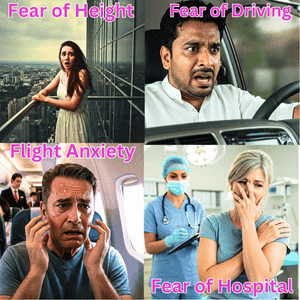
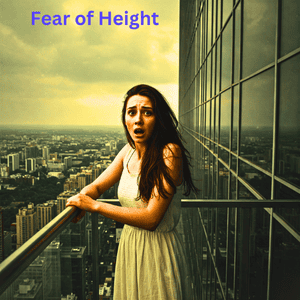
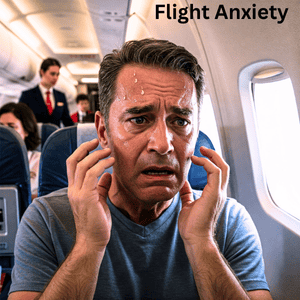
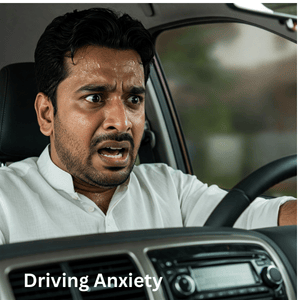
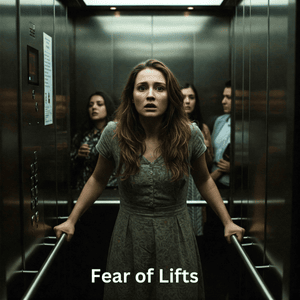
While it is natural for everyone to experience fear when they feel threatened or in danger, people who develop specific phobias experience an irrational and unrealistic sense of fear of a particular situation, place, or object. When individuals with specific phobias are confronted with a stimulus that invokes their fear, they react by experiencing an overwhelming level of distress and anxiety – causing them to take extreme precautionary measures of avoidance. This combination of anxiety and avoidance usually severely impedes their day-to-day activities and quality of life.
What are the main types of Specific Phobias?






Fear of particular animals or insects (e.g. spiders, dogs, toads)
Situational fears (e.g. fear of being in enclosed spaces such as elevators or lifts, driving, going over bridges, or flying)
Environmental factors (e.g. fear of heights, storms, or water)
Other phobias (e.g. fear of choking, fear of clowns, loud noises, or illness)
What are the Signs and Symptoms?
You may have a specific phobia if you:
have a persistent, excessive and unreasonable fear of a specific object, activity or situation, e.g. heights, the sight of blood or encountering a dog.
avoid situations where you may have to face the phobic stimulus, e.g. not walking down a street where there may be a dog. If the situation is unavoidable, you're likely to feel high levels of distress.
find that the anxiety or avoidance associated with such situations makes it difficult to go about daily life (e.g. interferes with working, studying or seeing friends and family).
Specific phobias are generally divided into the following categories:
Animal type: fear that relates to animals or insects (e.g. fear of dogs or spiders).
Natural environment type: fear associated with the natural environment (e.g. fear of thunder or heights).
Situational type: fear of specific situations (e.g. elevators, bridges or driving).
Other: any other specific phobias (e.g. fear of choking, fear of vomiting).
You can have more than one type of specific phobia. Other specific phobias, such as the fear of public speaking, are more related to social phobia. Social phobia is a condition where people are overly concerned about how they appear to others.
Symptom Check list
Have you felt very nervous when faced with a specific object or situation? For example:
flying on an aeroplane
being exposed to heights
going near an animal
Have you avoided a situation because of your phobia? For example, have you:
not gone to certain places
changed work patterns
avoided health check-ups
found it hard to go about your daily life (e.g. working, studying or seeing friends and family) because you are trying to avoid such situations?
If you have answered yes, you may be experiencing a specific phobia?.
What is the difference between Specific Phobias and other Anxiety Disorders?
Just like individuals with social phobia, adults with specific phobias are generally aware that their fear is irrational, yet when confronted with their feared stimulus, they experience the persistent physical bodily responses associated with panic and anxiety. However, the difference between social phobia and specific phobias, is that individuals with social phobia, hold an intense fear of being confronted with various social situations – compared to individuals with specific phobias, whose fears are generally limited to a specific situation or object.
What causes Phobias?
Family history of anxiety disorders or other mental health issues
Experiencing or witnessing a traumatic event & developing a fear of the objects or situations of association (eg: being bitten by a spider and this leading to a phobia of spiders)
Being exposed to other people's negative perceptions of a particular situation or object